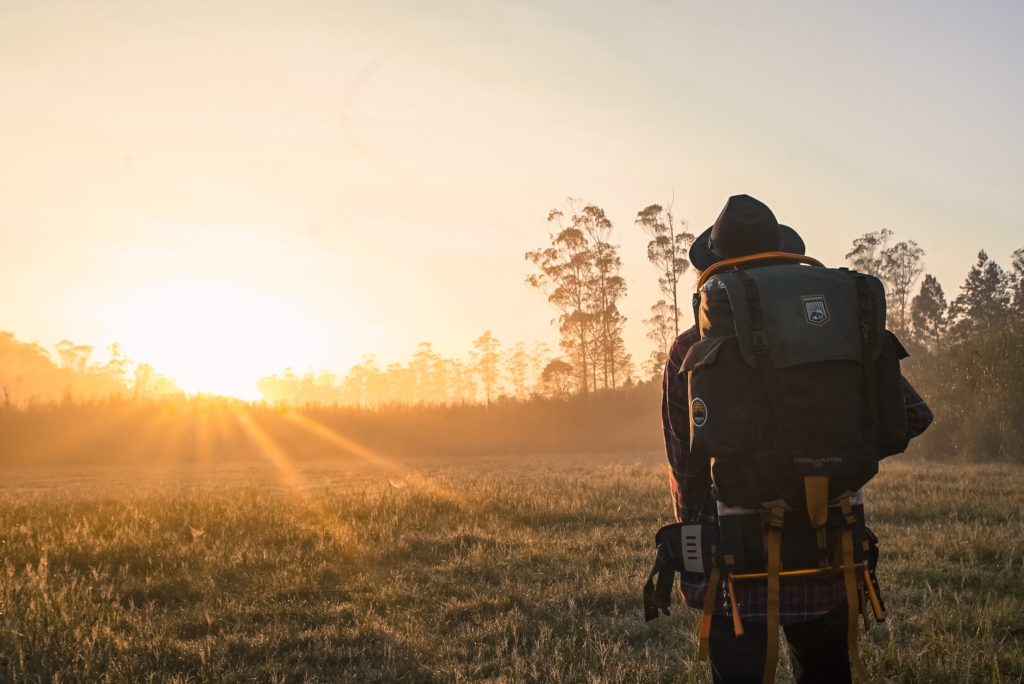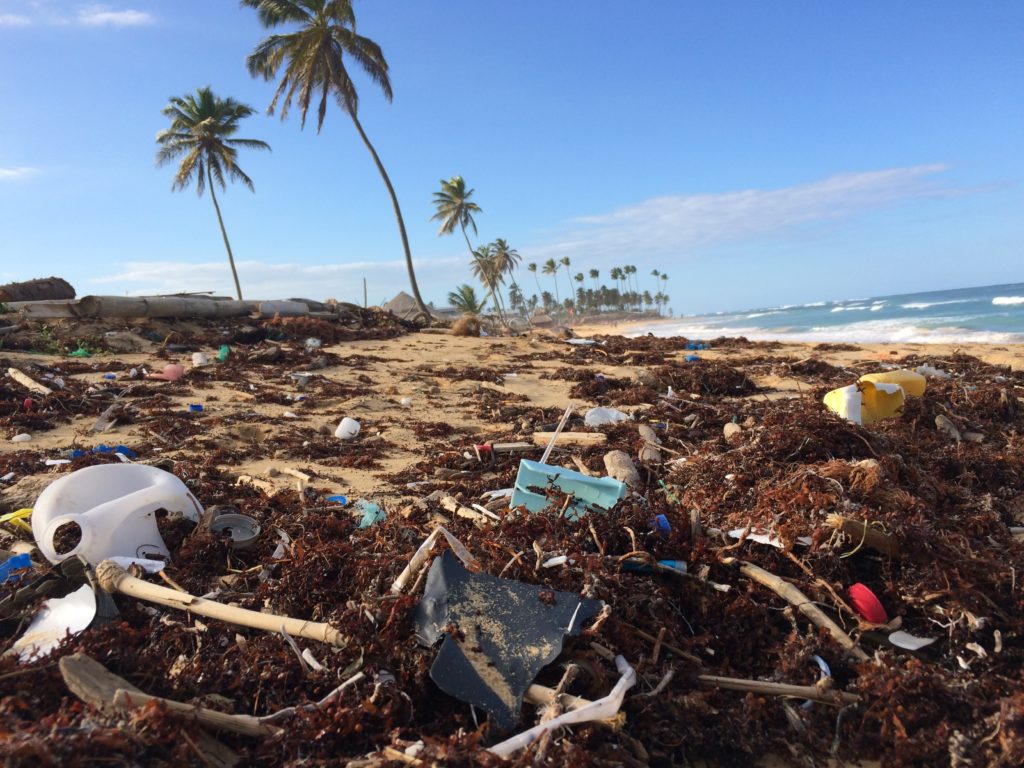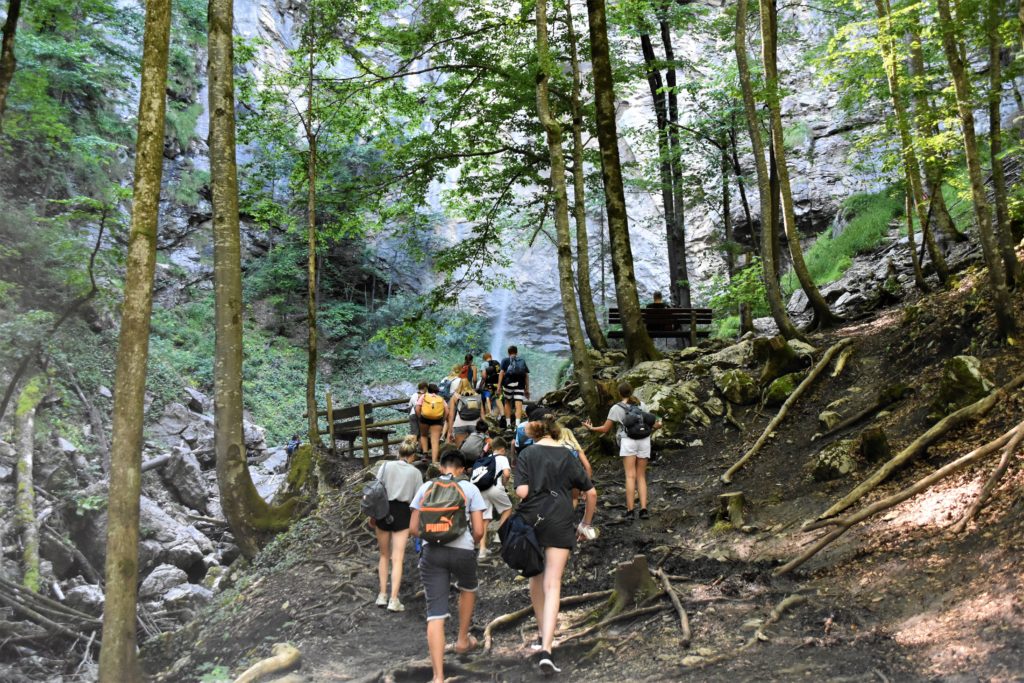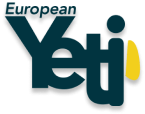The project
European Youth Eco-tourism Initiatives
European YETI is a European project aiming to develop young people’s skills who want to work in the field of eco-tourism and support them in their commitment to share and value Europe in a more sustainable way.
The project
European Youth Eco-tourism Initiatives / European YETI is a European project aiming to develop the skills of a young people who want to work in the field of eco-tourism and support them in their commitment to share and value Europe in a more sustainable way.

WHAT IS IT ?
These young people carry out their own tourism projects to promote European heritage, by proposing :
– an inclusive added value, while respecting the social and economic environment
– citizen engagement and activism strengthening their European citizenship
– high environmental added value by encouraging environmentally friendly economic development
For 3 years, European YETI offers :
– A mapping of good practices around Europe
– A toolbox with a range of resources to support young in their projects
– A training program that can be adapted to different audiences wanting to start in eco-tourism field
The partners carry out 4 dissemination events highlighting initiatives carried out in their territory to present the productions made during the project to political decision-makers, young people, inhabitants, youth actors, tourism and environment professionals to generate debate around these topics.
These young people carry out their own tourism projects to promote European heritage, by proposing :
– an inclusive added value, while respecting the social and economic environment in which their initiatives are implemented
– citizen engagement and activism affirmed through strong communication between young people, strengthening their European citizenship
– high environmental added value by encouraging environmentally friendly economic development
For 3 years, European YETI offers :
– A mapping of good practices around Europe
– A toolbox with a range of resources to support young in their projects
– A training program that can be adapted to different audiences wanting to start in eco-tourism field
The partners carry out 4 dissemination events highlighting initiatives carried out in their territory. During these events, they present the productions made during the project to political decision-makers, young people, inhabitants, youth actors, tourism and environment professionals. They then organize debates bringing together young people, youth actors and political decision-makers and collect the exchanges developed during these debates, which they record in their communication tools.
CONTEXT

The project was born in the context of COVID crisis where the idea of developing tourism in a more sustainable and civic-minded way than before the COVID crisis got stronger. Think local, travel more responsibly, value local heritage and local products, relate and be solider with your community, value European citizenship.
European YETI becomes a tool for mediation between young people and European political decision-makers, by proposing new citizen models for the valorization of European heritage and by proposing models of public actions based on successful initiatives of young European citizens. YETI mobilizes 180 young actors, who produce tools that will be consulted by 18,000 people (young people and youth actors) at the end of the project.
The project was born in the context of COVID crisis where the idea of developing tourism in a more sustainable and civic-minded way than before the COVID crisis got stronger. Think local, travel more responsibly, value local heritage and local products, relate and be solider with your community, value European citizenship.
WHO IS INVOLVED ?

The partners are organizations active in the field of youth education, tourism, environment, food and inclusion. They are located in Malta, Sweden, Ireland, Romania and France. The European YETI project will therefore focus on developing the skills of trainers working with young NEETs by supporting their capacity to:
– Involve young people in the process of eco-touristic projects
– Create a debate between youth and stakeholders
These activities will bring together the following participants :
– Youth workers
– Young Neets: Young people Not in Education, Employment or Training
– Organizations involved in eco-tourism
– Organizations involved in social inclusion and education
– Recognized European experts in eco-tourism (mediators, writers, artists, trainers, specialists in social inclusion, education, etc.)
– Leaders of public and private companies active in the social, educational, cultural, environmental and entrepreneurial sector
– Specialists in digital tools for the enhancement of productions
– Heads of local authorities
WHAT ARE THE OBJECTIVES?
The European Yeti project proposes tools to :
– Consolidate the skills of people working with these audiences.
– Valorize the skills and know-how of young NEETs, and turn them into mentoring and training skills
– Create a new generation of professionals initiated to environmental issues
– Make tourism a space for exercising one’s citizenship
– Support the creation of new proposals in rural or urban areas, where the actors engage in dialogue at European level
These impacts will be disseminated in the networks of the educational, social, cultural, environmental and social and solidarity economy sector, local authorities, European and global networks defending environmental issues.
WHAT ARE THE RESULTS ?

The European YETI project will develop several types of activities for the development of young people competences and skills :
– 1 mapping of eco-tourism initiatives in Europe and video portraits of good practices
– 1 toolbox
– 1 training program
– 2 training activities in Romania and France to test the training program
– 4 transnational dissemination events (France, Romania, Sweden and Ireland).
The partners are organizations active in the field of youth education, tourism, environment, food and inclusion. They are located in Malta, Sweden, Ireland, Romania and France. The European YETI project will therefore focus on developing the skills of trainers working with young NEETs by supporting their capacity to:
– Involve young people in the process of eco-touristic projects
– Create a debate between youth and stakeholders
The European YETI project will develop several types of activities for the development of young people competences and skills :
– 1 mapping of eco-tourism initiatives in Europe and video portraits of good practices
– 1 toolbox
– 1 training program
– 2 training activities in Romania and France to test the training program
– 4 transnational dissemination events (France, Romania, Sweden and Ireland).
These activities will bring together the following participants :
– Youth workers
– Young Neets: Young people Not in Education, Employment or Training
– Organizations involved in eco-tourism
– Organizations involved in social inclusion and education
– Recognized European experts in eco-tourism (mediators, writers, artists, trainers, specialists in social inclusion, education, etc.)
– Leaders of public and private companies active in the social, educational, cultural, environmental and entrepreneurial sector
– Specialists in digital tools for the enhancement of productions
– Heads of local authorities
The relevance of the European Yeti project is based on a formal and non-formal education methodology that promotes :
– The development of content based on the needs of the project’s final beneficiaries
and concrete experiences in the territories.
– Cross-fertilization of expertise: cultural, social, environment and entrepreneurship
– The creation of certification curricula in induction mentoring
The results and impacts of the European Yeti project will operate at all levels, from local to international, but will focus on the certification and skills development of the final beneficiaries, the young NEETS. The European Yeti project proposes tools for :
– Consolidate the skills of people working with these audiences.
– Valorize the skills and know-how of young NEETs, and turn them into mentoring and training skills
– Create a new generation of professionals initiated to environmental issues
– Make tourism a space for exercising one’s citizenship
– Support for the creation of new proposals in rural or urban areas, where the actors engage in dialogue at European level
These impacts will be disseminated in the networks of the educational, social, cultural, environmental and social and solidarity economy sector, local authorities, European and global networks defending environmental issues.
Enter the text or HTML code here
